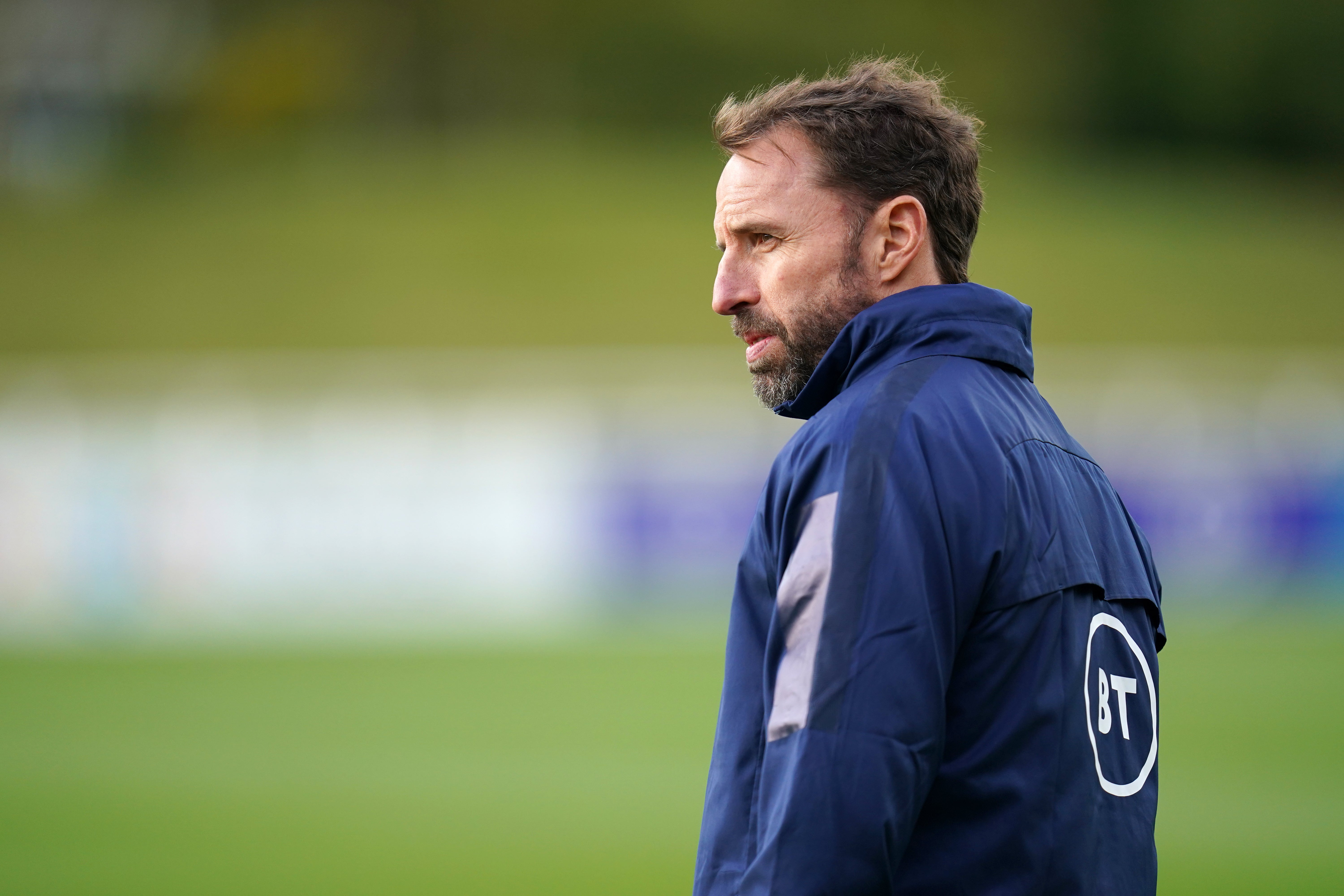Gareth Southgate to discuss biennial World Cup plan with Arsene Wenger this week
World football’s governing body has set up online videoconferences to enable every international team coach the opportunity to hear about its post-2024 calendar proposals

Your support helps us to tell the story
From reproductive rights to climate change to Big Tech, The Independent is on the ground when the story is developing. Whether it's investigating the financials of Elon Musk's pro-Trump PAC or producing our latest documentary, 'The A Word', which shines a light on the American women fighting for reproductive rights, we know how important it is to parse out the facts from the messaging.
At such a critical moment in US history, we need reporters on the ground. Your donation allows us to keep sending journalists to speak to both sides of the story.
The Independent is trusted by Americans across the entire political spectrum. And unlike many other quality news outlets, we choose not to lock Americans out of our reporting and analysis with paywalls. We believe quality journalism should be available to everyone, paid for by those who can afford it.
Your support makes all the difference.England boss Gareth Southgate and other national team coaches will have the chance to discuss Fifa’s plans for the future of men’s international football this week.
World football’s governing body has set up online videoconferences to enable every international team coach the opportunity to hear about its post-2024 calendar proposals, which include biennial World Cups.
The discussions will be led by former Arsenal manager Arsene Wenger, now Fifa’s chief of global football development, who has helped to shape the men’s calendar proposals.
“As a coach of the men’s national teams, their input is essential,” Wenger said.
“Opportunities for us to come together are few and far between, but we must embrace these occasions as such dialogue helps us all to protect the unique place that football has in the world and to make it truly global.”
Fifa’s plans include a men’s tournament every June, mandatory 25-day rest periods for players after their involvement in tournaments, and cutting the number of qualifying matches and the number of international breaks during a season.
Closing the gap between World Cups from four years to two has proved the most controversial aspect of the plans.
The International Olympic Committee said on Saturday it shared concerns raised by other bodies, including European football confederation Uefa over Fifa’s plans.
The IOC called for a “wider consultation, including with athletes’ representatives, which has obviously not taken place”.
Uefa doubled down on its opposition to the plans on Friday, saying it would stand against them “until common sense prevails and they are dropped”.